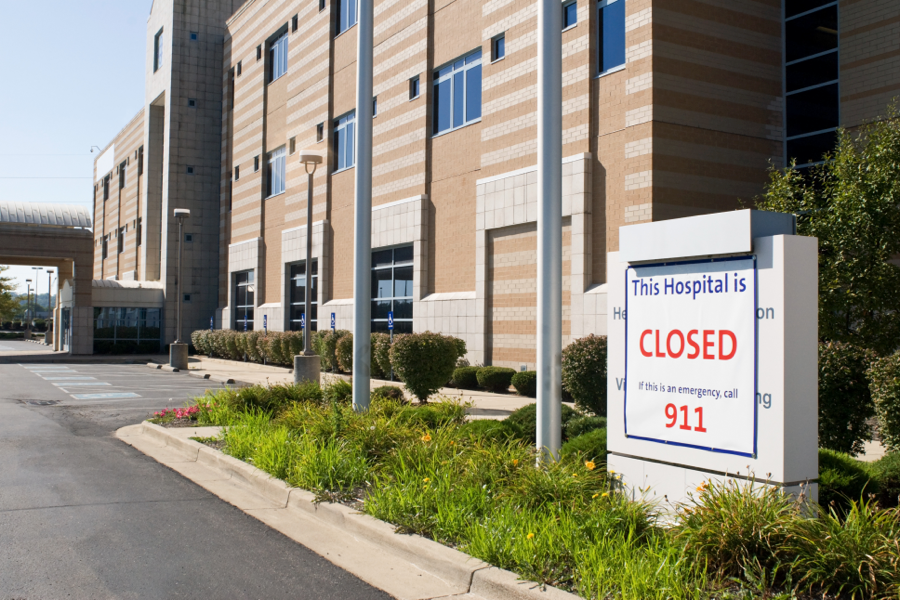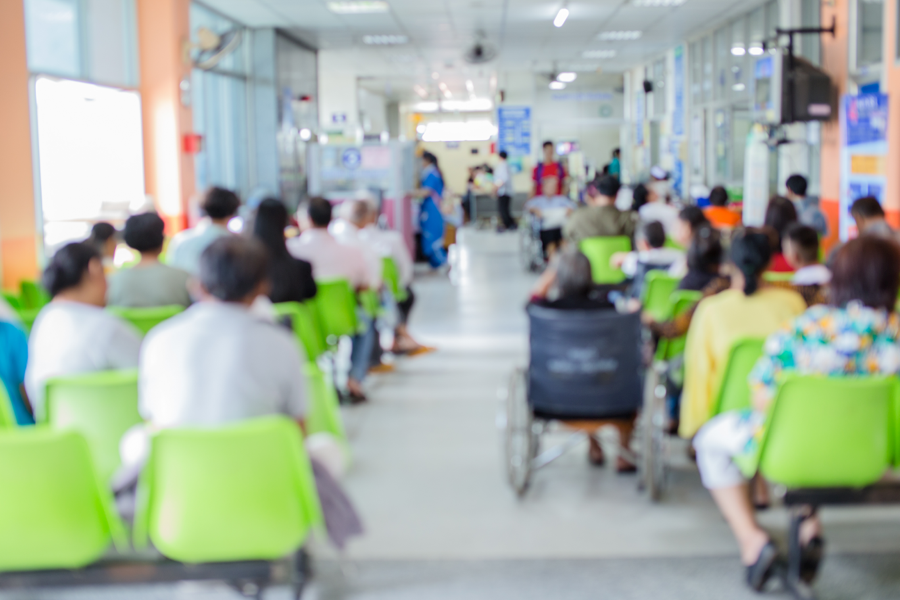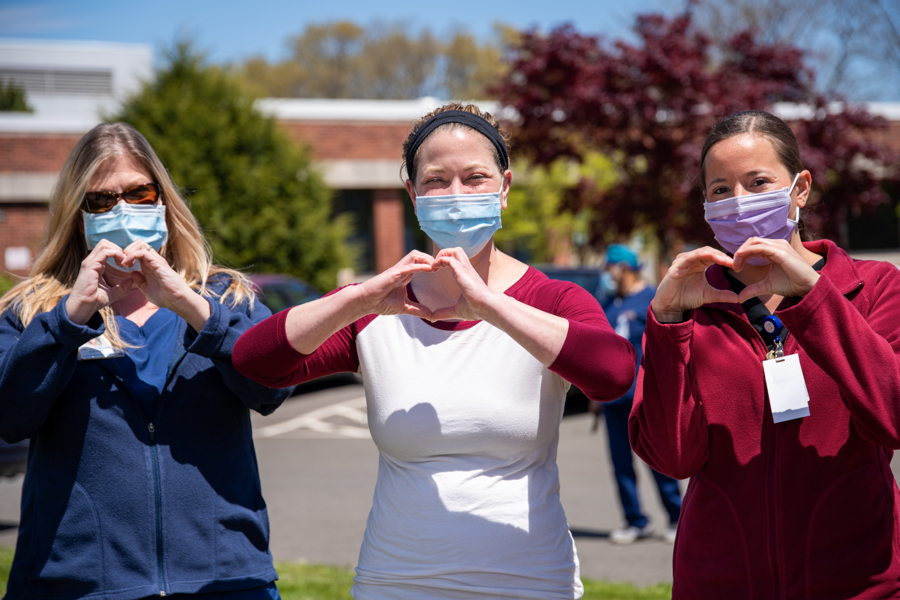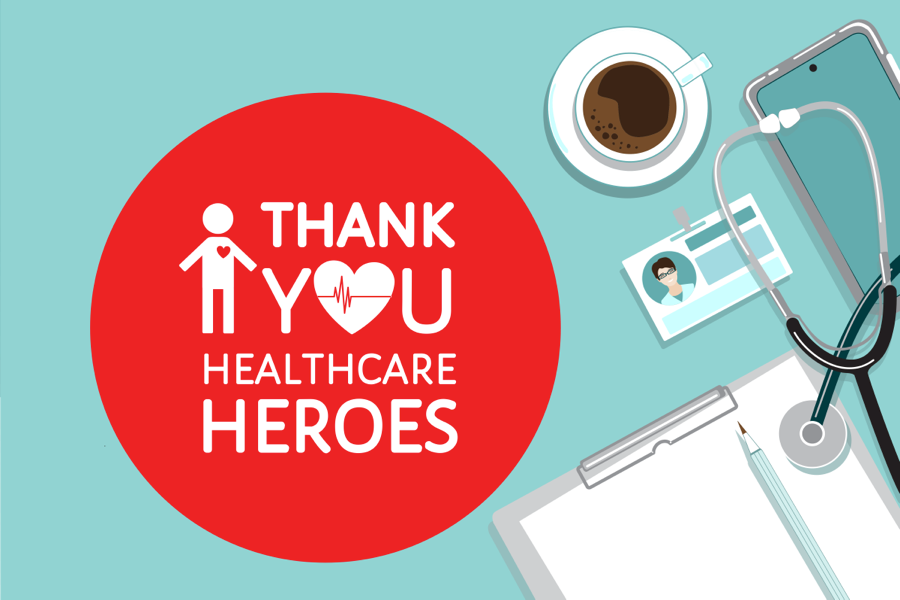
TIPS, ADVICE, & INSPIRATION
The Power of Nurses in a Post-COVID World
-
 EveryNurse Staff
EveryNurse Staff
- Last Updated: 06/09/2020
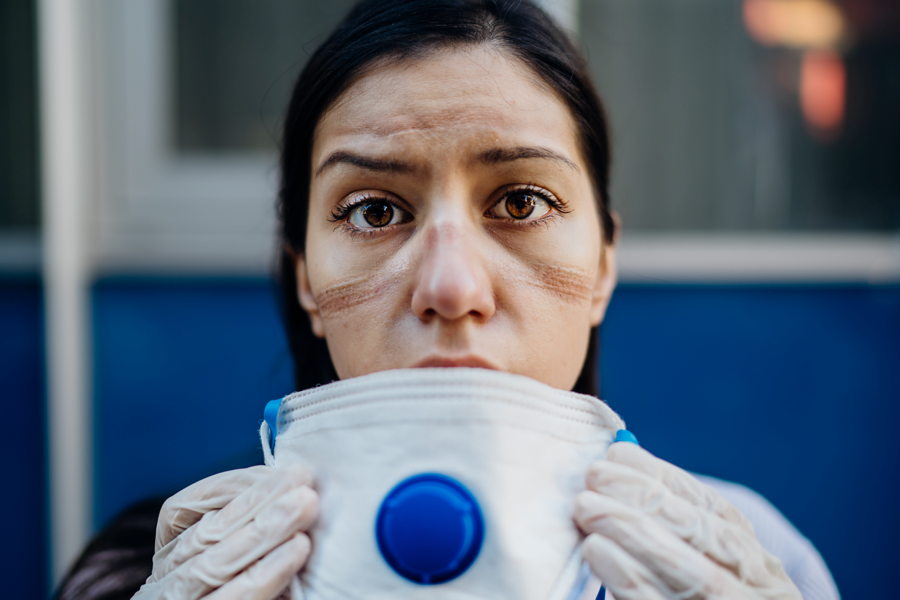
In January 2020 and in honor of Florence Nightingale’s 200th birthday, the World Health Organization (WHO) designated 2020 as the Year of the Nurse and the Midwife. The organization bestowed the honor upon these dedicated healthcare professionals to “celebrate the work of nurses and midwives, highlight the challenging conditions they often face, and advocate for increased investments in the nursing and midwifery workforce.”
The official WHO designation recognized the power nurses have when it comes to healing the sick and protecting public health—and COVID-19 certainly put that power to the test. In a matter of just weeks, extremely sick patients flooded emergency departments and intensive care units. Because the highly infectious nature of coronavirus prevented families from visiting their sick and sometimes dying relatives, nurses also took on the additional burden of providing end-of-life emotional support to strangers. To make matters worse, many nurses had to self-isolate and forgo hugs from their own loved ones to prevent the spread of the terrible disease.
Fortunately, nurses have always been strong, smart, and resilient, even in the face of a formidable foe like COVID-19.
Florence Nightingale – the Embodiment of a Nurse’s Power
Nurses have played an important role in some of the world’s most significant public health emergencies and achievements. Over the decades, nurses have provided care and leadership through nearly every public health crisis imaginable, from hurricanes and floods to manmade disasters. Nurses have also played an integral part in helping communities survive epidemics and pandemics, long before the emergence of COVID-19. For example, nurses ran the sustained mass immunization campaign that eventually ended smallpox — the only infectious human disease to have ever been completely eradicated.
Nurses go above and beyond, placing public health ahead of their own lives. Thousands of women worked as nurses on the front lines of the yellow fever pandemic that swept the nation from the late 1700s through the late 1800s. Clara Maass took her commitment to public health a step further in 1901 when she volunteered to be bitten by a mosquito infected with the virus. She contracted a mild form of the fever, thereby proving that mosquitoes transmit yellow fever; Maass later died after agreeing to be bitten by another mosquito to determine if she had gained immunity.
The founder of modern nursing, Florence Nightingale, also embodied that sense of selflessness. After grappling with a cholera outbreak in London and the unsanitary conditions that caused it, Nightingale traveled to the front lines of the Crimean War to find why more soldiers were dying from cholera and typhoid than from battle wounds. There, she improved the sanitary conditions of the hospitals, implemented special diets for patients, established a laundry, and instituted a classroom and library where patients could learn. These experiences provided Nightingale a platform on which she could focus national attention on public health.
Nurses still work tirelessly to eradicate other infectious diseases, such as cholera, diphtheria, measles, mumps and rubella, hepatitis A and B, and H1N1, both in the public eye and at the bedside. COVID-19, though, put nurses to the ultimate test.
As the Wave Subsides
Once it touched the nation’s shores, COVID-19 swept like a tsunami over the United States. By the beginning of June 2020, nearly two million people contracted the disease and more than 100,000 lost their lives, according to the Centers for Disease Control and Prevention (CDC). Nurses played a pivotal role in the screening, treatment, and recovery of millions of patients.
Saving lives during the COVID-19 pandemic wasn’t easy. Nurses struggled with dramatically increased patient volumes, personal protective equipment (PPE) shortages, long shifts, and very frightened patients and families. Thousands of nurses contracted coronavirus in 2020; in fact, healthcare workers account for as much as 20 percent of known COVID-19 cases.
COVID-19 has changed how almost all medical professionals — including nurses — care for the community. Certainly, some aspects of their jobs will remain the same after the virus fades: nurses will continue to administer medications and monitor patients, for example, but they may do so while masked and from a safe distance. There will be other differences too.
Providing Exceptional Patient Care
Unlike other diseases that already have standards of treatment, there is no established treatment for COVID. On May 1, 2020, Remdesivir became the only drug cleared by the U.S. Food and Drug Administration (FDA) to treat Covid-19. Despite not having an approved treatment plan for COVID-19, nurses immediately responded to patients’ needs and provided life-saving care. Nurses will continue to provide aggressive, compassionate treatment even after the pandemic subsides.
Representing Honesty and Ethics in an Uncertain World
For the 18th consecutive year, Americans rated nurses as having the highest levels of honesty and ethics among all the professions listed in Gallup polls. After the professional and compassionate way nurses handled COVID-19, this high view of nursing integrity will likely continue.
Infectious Disease Screening
Nurses will continue working at the forefront of disease screening to help protect the public from other infectious disease outbreaks. After hammering out new protocols that allowed them to scale up and mobilize screening, RNs and others in nursing became fixtures at pop-up COVID-19 screening stations. Nurses and other healthcare professionals can now apply some of these triage procedures to identify and prevent future outbreaks of COVID-19 and other infectious diseases.
Informing the Decision-Making Process
Prior to Florence Nightingale, decision-makers largely disregarded the observations and professional opinions of the nurses delivering care. One of Nightingale’s most notable achievements was her ability to influence public health decisions. Today’s nurses still adhere to Florence Nightingale’s approach to science-based decision-making and are making the voice of the nursing profession even more influential.
Standing up for Science
Florence Nightingale was a pioneer in the use of medical statistics and data visualization to save lives. Back then, as it is so often today, skeptics tended to ignore the scientific evidence about infectious diseases.
Today’s nurses help provide the data researchers need to make informed decisions about disease prevalence, treatments, and public health in general. Nurses will also use the medical statistics and evidence-based treatments discovered during the COVID-19 outbreak to treat another wave of the disease or other infectious diseases that may emerge in the future.
Providing Reliable Health Information
Since the days of Florence Nightingale’s libraries for ill soldiers, nurses have played a large role in providing health information to their patients and to the community. A great deal of misinformation about COVID-19, the treatment of the disease, and even the use of masks proliferated throughout the community. Nurses helped provide reliable, fact-based information about coronavirus then, and they will continue providing evidence-backed information about the virus, vaccines, the use of PPE and social distancing, and more.
While COVID-19 has left healthcare professionals battle-weary, it has also made the nurses battle-ready for whatever health crises they may encounter for years to come. Florence Nightingale would be proud.



